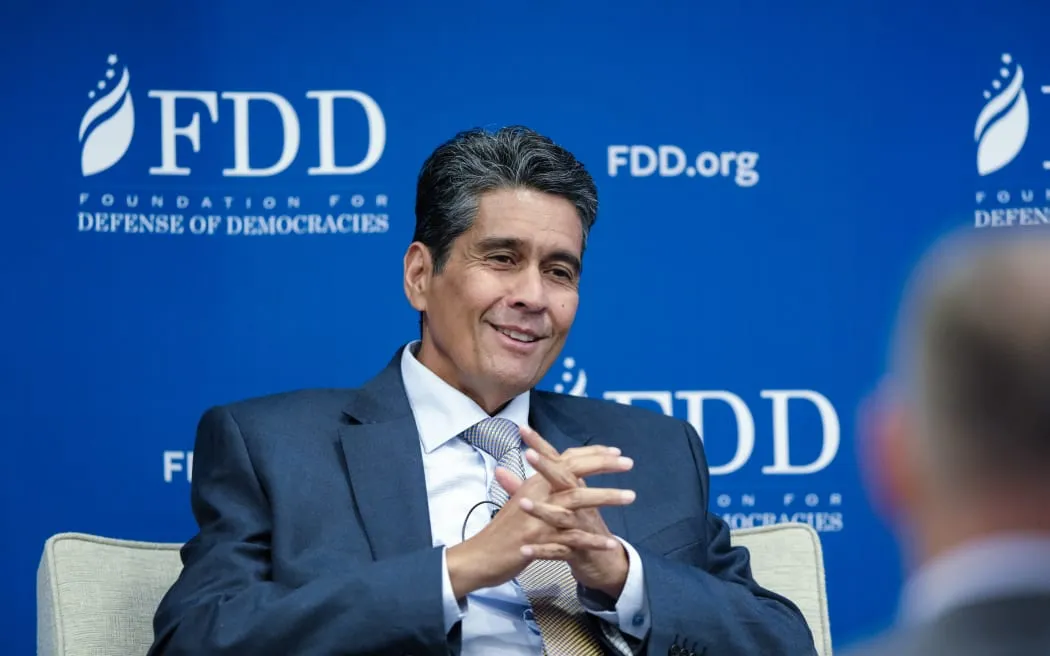Palau’s President Sees Nuclear Energy as Alternative to Fossil Fuels
As the world grapples with the climate crisis, Palau’s President Surangel Whipps Jr is calling for a shift away from fossil fuels and towards cleaner forms of energy. In an interview with RNZ Pacific, Whipps discussed the importance of transitioning away from fossil fuels and the role nuclear energy could play in this process.
Fossil Fuels Still Dominant Global Energy Source
According to data from Our World in Data, fossil fuels continue to account for over 80 percent of the world’s primary energy supply. Meanwhile, nuclear energy provides about 10 percent of the world’s electricity.
Pacific island nations, including Palau, are heavily reliant on fossil fuels, but are shifting towards renewable sources of energy generation.
Nuclear Energy as a Practical Solution
Whipps believes that nuclear energy is one of the alternatives that can help reduce our reliance on fossil fuels. “It’s clean, it’s carbon free,” he said. “I want to be practical… we need to find solutions.”
“If it’s bringing down costs so people can live comfortably, but at the same time continue to transition [away from fossil fuels], that’s what it should be about.”
Challenges in Global Climate Talks
The Palau leader acknowledged that international climate talks have been slow and ineffective, with little concrete action taken at recent conferences.
“The UN’s Conference of Parties (COP) meetings are always slow and a painstaking process, and sometimes very little gets done,” Whipps said. “But I would say this, as long as there’s movement [at the COP meetings], it’s better than stagnation.”
Support for Renewable Energy
Whipps also expressed support for renewable energy sources such as wind farms and solar farms. He praised New Zealand for its efforts in this area.
“I applaud New Zealand for putting up wind farms and solar farms, and I believe what you need to be doing is raising those ambitions.”
A Call for Action
Whipps emphasized the need for governments to take action on climate change. “All governments have to help their people,” he said.
“They [governments] have to provide financing for their people, and whether they’re taking oil and gas out of the ground in New Zealand or they’re taking out in Saudi Arabia, it’s still oil and gas coming out of the ground.”
“We try to say money needs to go to those that are affected most. That’s still the rallying call for the Pacific and for small island developing states.”
“We still need to fight for that.”
Conclusion
In a world where climate change continues to pose an existential threat, Palau’s President Surangel Whipps Jr offers a pragmatic perspective on how to move forward. By acknowledging the importance of transitioning away from fossil fuels and exploring cleaner alternatives such as nuclear energy, we can work towards a more sustainable future.

0 Comments